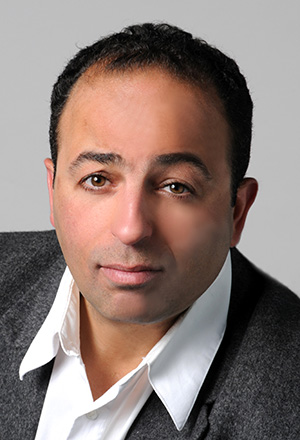Associate Dean for Research, College of Engineering
Will C. Hall Endowed Chair
Chair of the UCB Computational & Data Science & Engineering Program
Professor of Mechanical Engineering
University of California, Berkeley
Berkeley, CA 94720-1740
zohdi@berkeley.edu
For more information see: ZOHDI-BIOGRAPHY
Professor Zohdi's CV
Research Group Website
Books and Publications
Associate Dean for Research, COE
Editor CMAME
Editor-in-Chief, Comp. Particle Mechanics
Chair, D.E. in Comp. and Data Science Eng. Program
Faculty Scientist, Lawrence Berkeley National Lab
Director, UC-DEWA
Director, Fire Research Group
Director, Next Generation Food Systems Center
Faculty Director, Masters of Advanced Studies-Engineering

